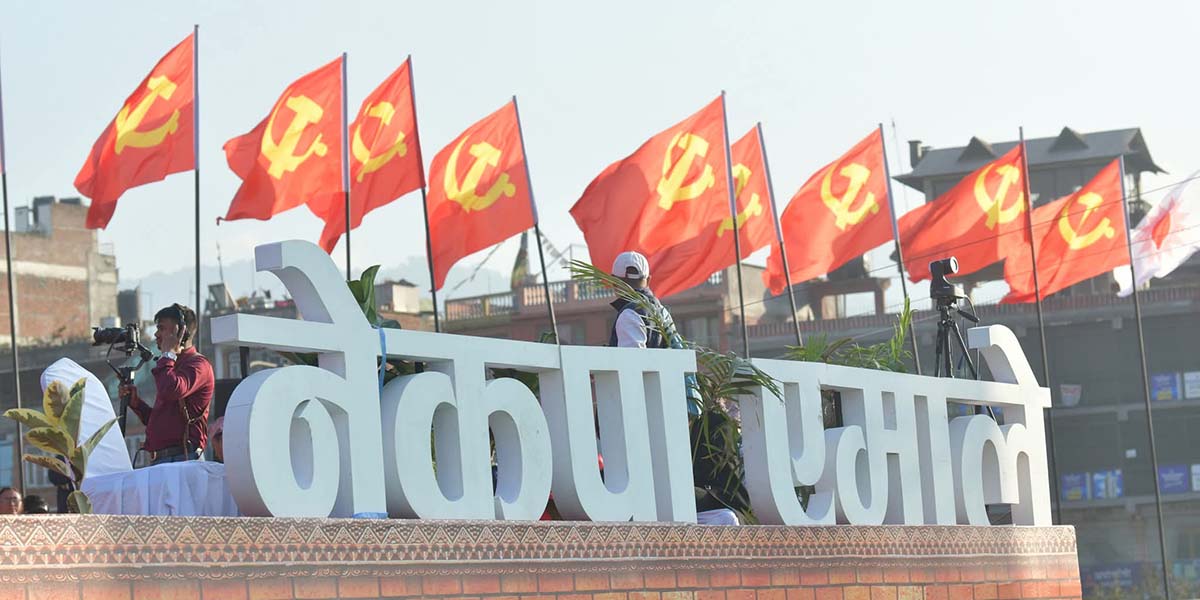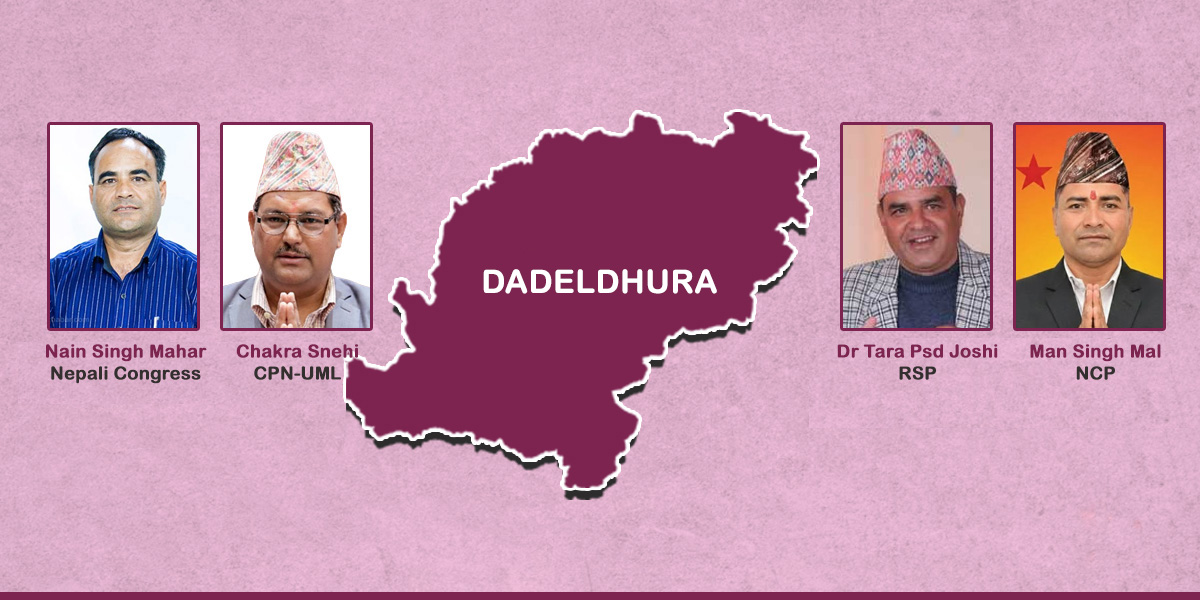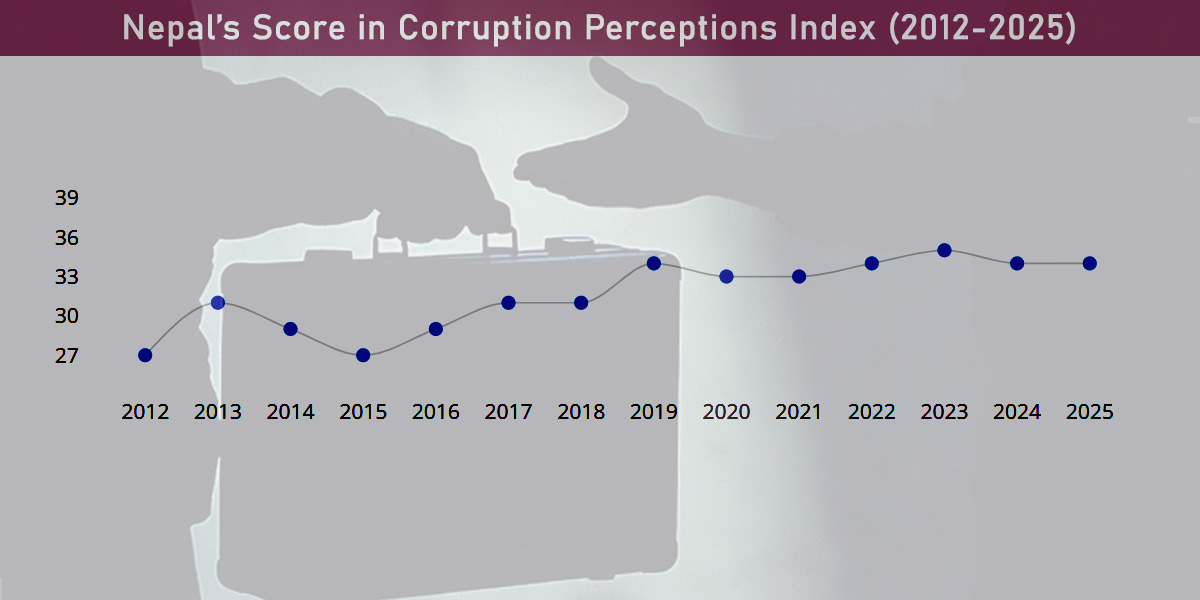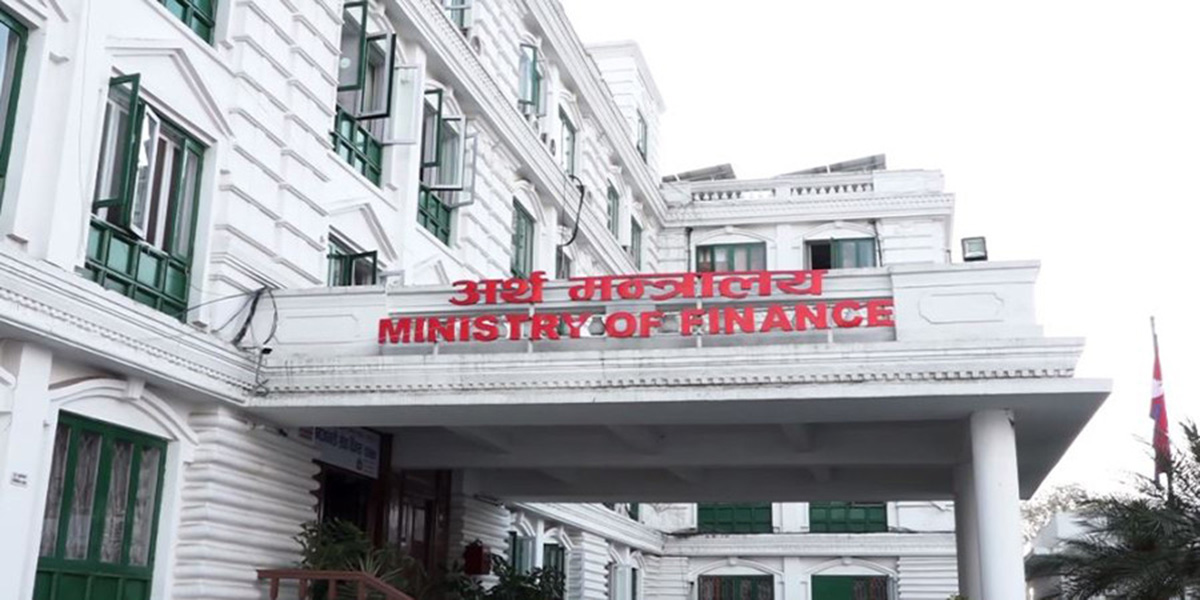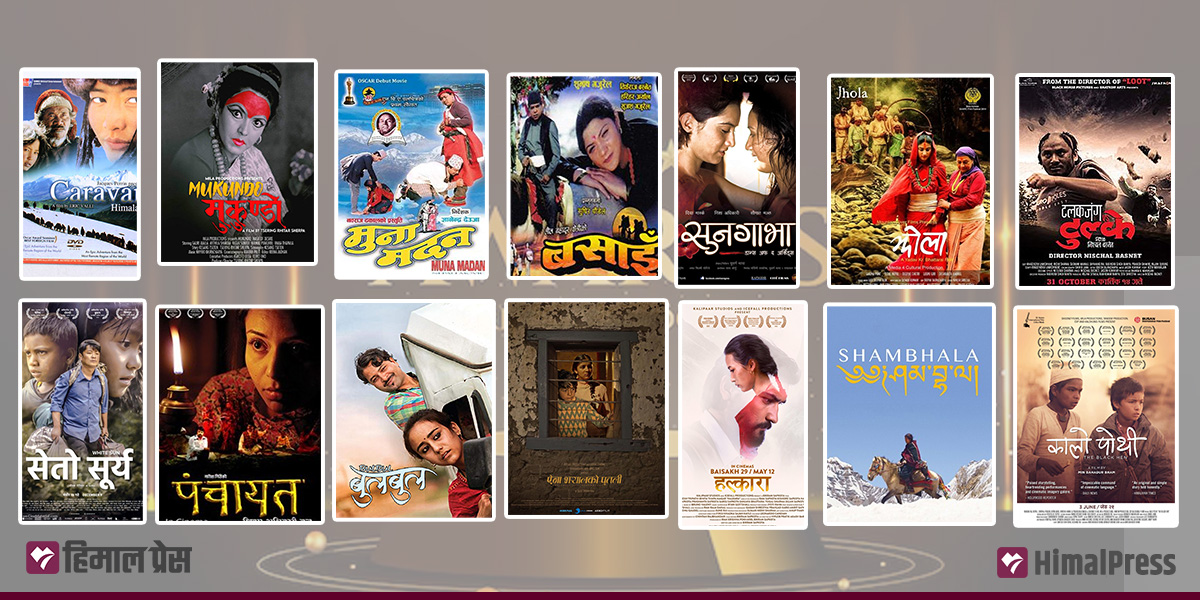
KATHMANDU: The Academy of Motion Pictures Arts and Sciences on Tuesday unveiled the shortlist of 15 films that will compete for a nomination for the Best International Feature Film at the 97th Academy Awards.
A total of 85 countries have sent their nomination for this award season. Nepal’s official entry for the 97th Academy Awards, Shambala, couldn’t make it to the list.
Directed by Min Bahadur Bham, the film explores the practice of polyandry in Himalayan communities and portrays the struggles of a woman searching for her husband. Since Shambala had won accolades in different international film festivals, there were hopes that it would at least reach the 15-film shortlist. However, like earlier submissions, it too failed to meet expectations.
This was Director Bham’s second official entry into the Oscars after Kalo Pothi (The Black Hen) in 2015.
Nepal has been sending official submissions to the Oscars for the past 25 years. Every year, the Nepal International Feature Film Selection Committee invites submissions annually and recommends one film for the Oscars based on criteria such as technical aspects, storytelling, emotional depth and creative presentation.
Nepal’s first Oscar submission was in 1999 with Himalaya. The film directed by acclaimed French director Eric Valli was released in Nepal as Caravan. It is the only film to make it to the final shortlist so far.
Here we take a look at Nepal’s Oscar submissions so far:
Shambala (2024)
Directed by Min Bahadur Bham, Shambala is based on polyandry practice in a Himalayan village in the Dolpo region of Karnali Province. The story revolves around Pema who is married to three brothers. When she discovers she is pregnant, she sets out with her second husband, Karma, to find her first husband, Tashi. The film depicts her journey which begins as a quest for worldly happiness but evolves into one of self-realisation and liberation. The cast includes Sonam Topden, Thinley Lhamo, Tenzing Dalha and Karma. The screenplay is co-written by director Bham and Abinash Bikram Shah.
Halkara (2023)
Written and directed by Bikram Sapkota, Halkara portrays the life of a postman delivering letters. It features his dreams, internal conflicts, and the dynamics of foreign employment. Mahesh Tripathi essays the lead role, while Binita Thapa Magar, Umesh Tamang, Pashupati Rai and Deepak Kshetri are in supporting roles. The film was produced by Kalipar Studio and Icefall Productions.
Butterfly on the Windowpane (2022)
This debut film by Sujit Bidari was Nepal’s entry for the 95th Academy Awards. The story follows a 13-year-old girl in a mountain village struggling to access education. Through the metaphor of a butterfly trapped on a windowpane, the film explores the themes of dreams and entrapment. The cast includes Siru Bista, Kanchan Chimariya, Dinesh Khatri, Raj Thapa, and Mallika Shrestha.
Bulbul (2019)
Directed by Binod Poudel, Bulbul tells the story of a female tempo driver navigating her struggles. The film stars Swastima Khadka and Mukun Bhusal in lead roles. Released in 2018, the film was Nepal’s official submission to the 92nd Academy Awards.
Panchayat (2018)
Written and directed by Shivam Adhikari, Panchayat explores the socio-political environment of Nepal during the Panchayat era. Social taboos such as the chhaupadi, gender violence and sexual psychology are interwoven into the narrative. The film was Nepal’s entry for the 91st Academy Awards.
White Sun (2017)
Written and directed by Deepak Rauniyar, the film is set during Nepal’s civil war, depicting the challenges of transporting a dead body for cremation to a funeral site. The film stars Dayahang Rai, Asha Magarati and Rabindra Singh Baniya. It was Nepal’s official submission for the 90th Academy Awards. It was released in Nepal as Seto Surya.
The Black Hen (2016)
Directed by Min Bahadur Bham, the film, released in Nepal as Kalo Pothi, portrays the Maoist insurgency through a symbolic narrative. The film features the Karnali dialect and was Nepal’s official entry for the 89th Academy Awards.
Talakjung vs Tulke (2015)
Directed by Nischal Basnet, this film follows the journey of a simple villager, Talakjung, as he seeks his lost identity amidst societal challenges. Khagendra Lamichhane played the character of Talakjung, while Dayahang Rai and Rabindra Singh Baniya were the supporting cast.
Jhola (2014)
Directed by Yadav Bhattarai, Jhola is based on Krishna Dharabasi’s popular story of the same name. It portrays the ‘sati’ tradition where a widow is forced to immolate herself after her husband’s death. Garima Panta played the lead role in the movie.
Sungabha: Dance of the Orchid (2013)
Directed by Subarna Kumar Thapa, the film tells the story of two lesbian women, making it Nepal’s first film to explore LGBTQ+ themes. The movie stars Diya Maskey and Nisha Adhikari in lead roles. It is based on a play by Sarubhakta.
Basain (2006)
Directed by Subash Gajurel, the film is adapted from Lil Bahadur Chhetri’s renowned novel of the same name. It narrates the struggles of a farming family compelled to migrate due to hardships and societal pressures. Basain was Nepal’s official submission to the 79th Academy Awards. It stars Ganesh Upreti, Mithila Sharma, Ranju Lamichhane and Uttam Pradhan, among others.
Muna Madan (2003)
Directed by Gyanendra Deuja, the film is based on the celebrated epic of the same name by Mahakavi Laxmi Prasad Devkota. It portrays the emotional tale of love and separation, poverty and sacrifice. Usha Poudel and Deepak Tripathi played the lead roles, while Nir Shah, Bijay Lama, Subhadra Adhikari, and Saroj Khanal were the supporting cast.
Mask of Desire (2000)
Directed by Tsering Rhitar Sherpa, the film was released in Nepal as Mukundo. The narrative delves into the psychological complexities of a woman struggling with her suppressed desires, metaphorically represented through the mask of a deity. The film is lauded for its exploration of sexual and cultural taboos in Nepali society.
Himalaya (1999)
Directed by French filmmaker Eric Valli, Himalaya, released in Nepal as Caravan, was Nepal’s first Oscar submission. The film, depicting the lives of Dolpo residents, was Nepal’s official submission to the 72nd Oscars.


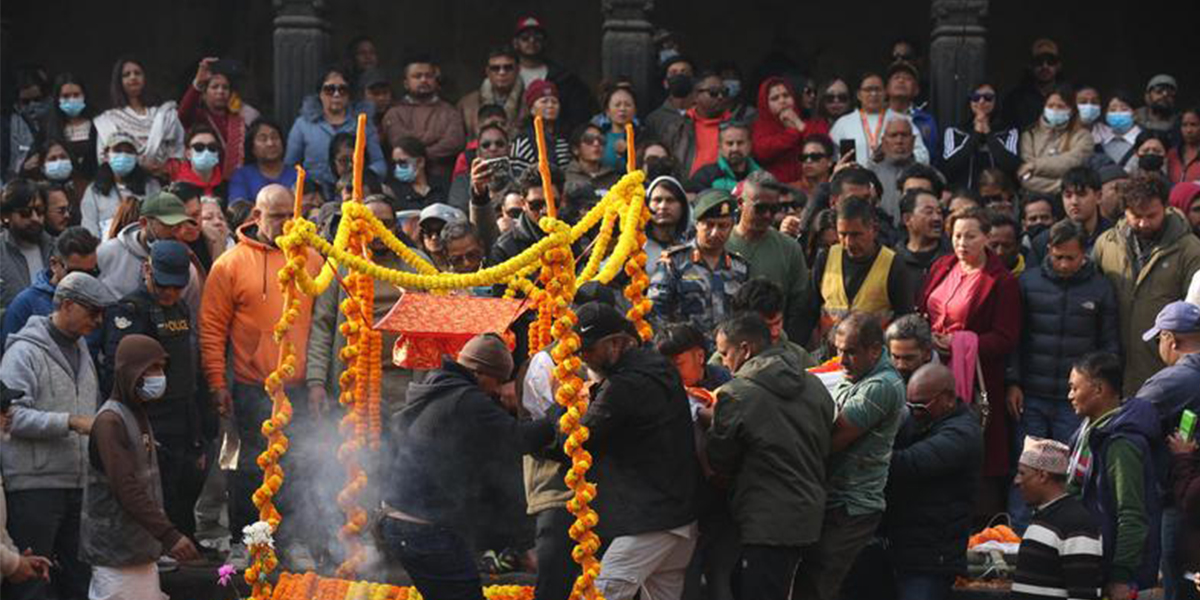
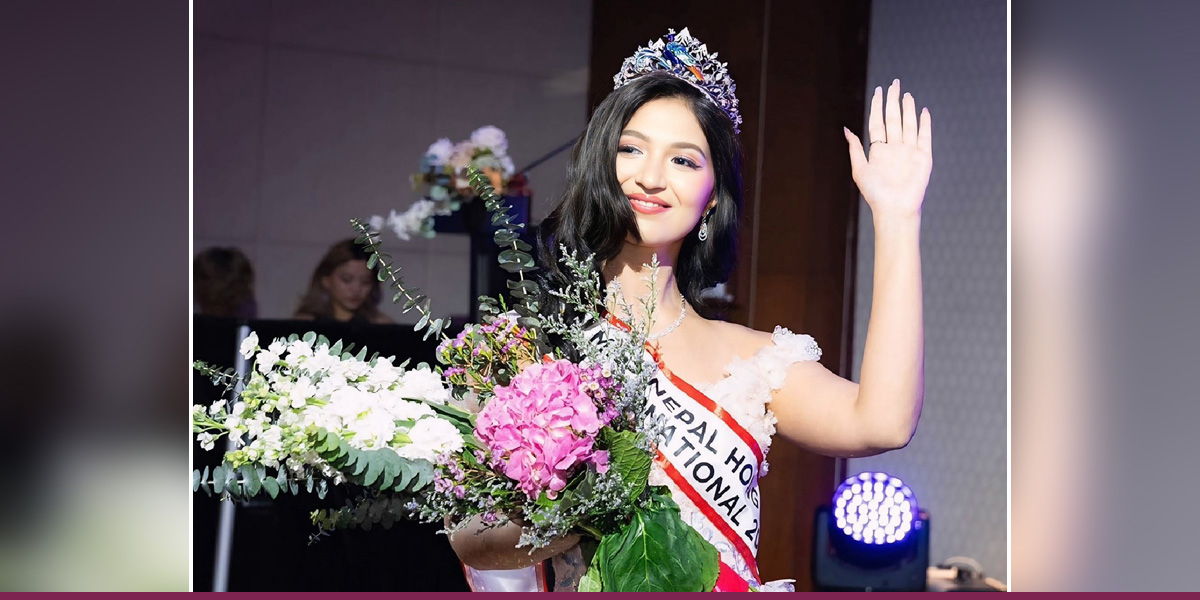
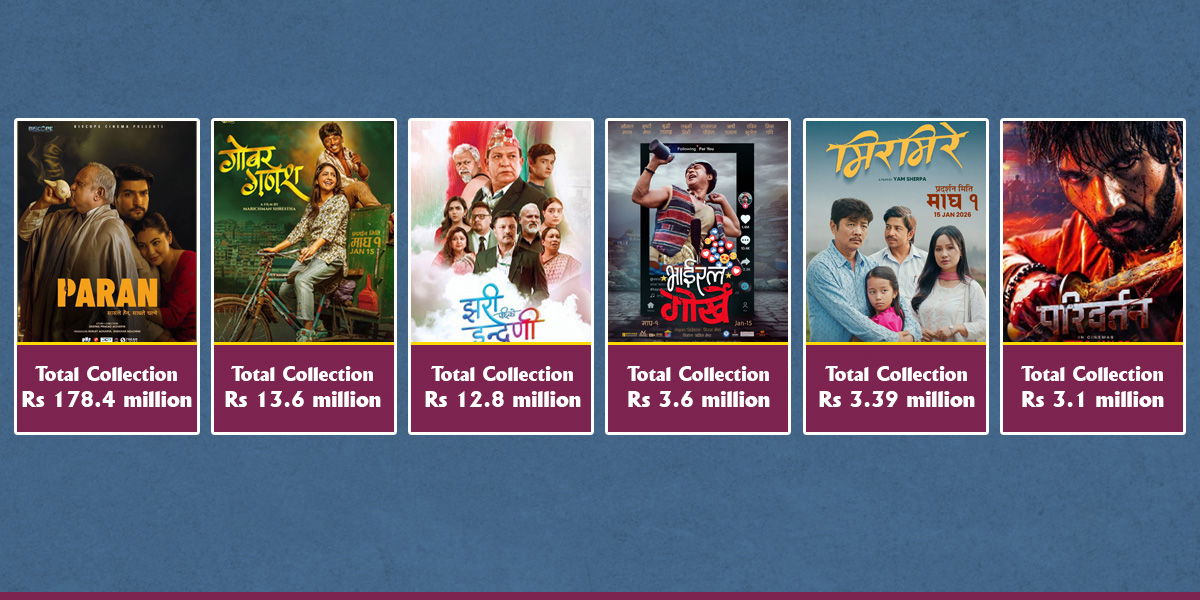
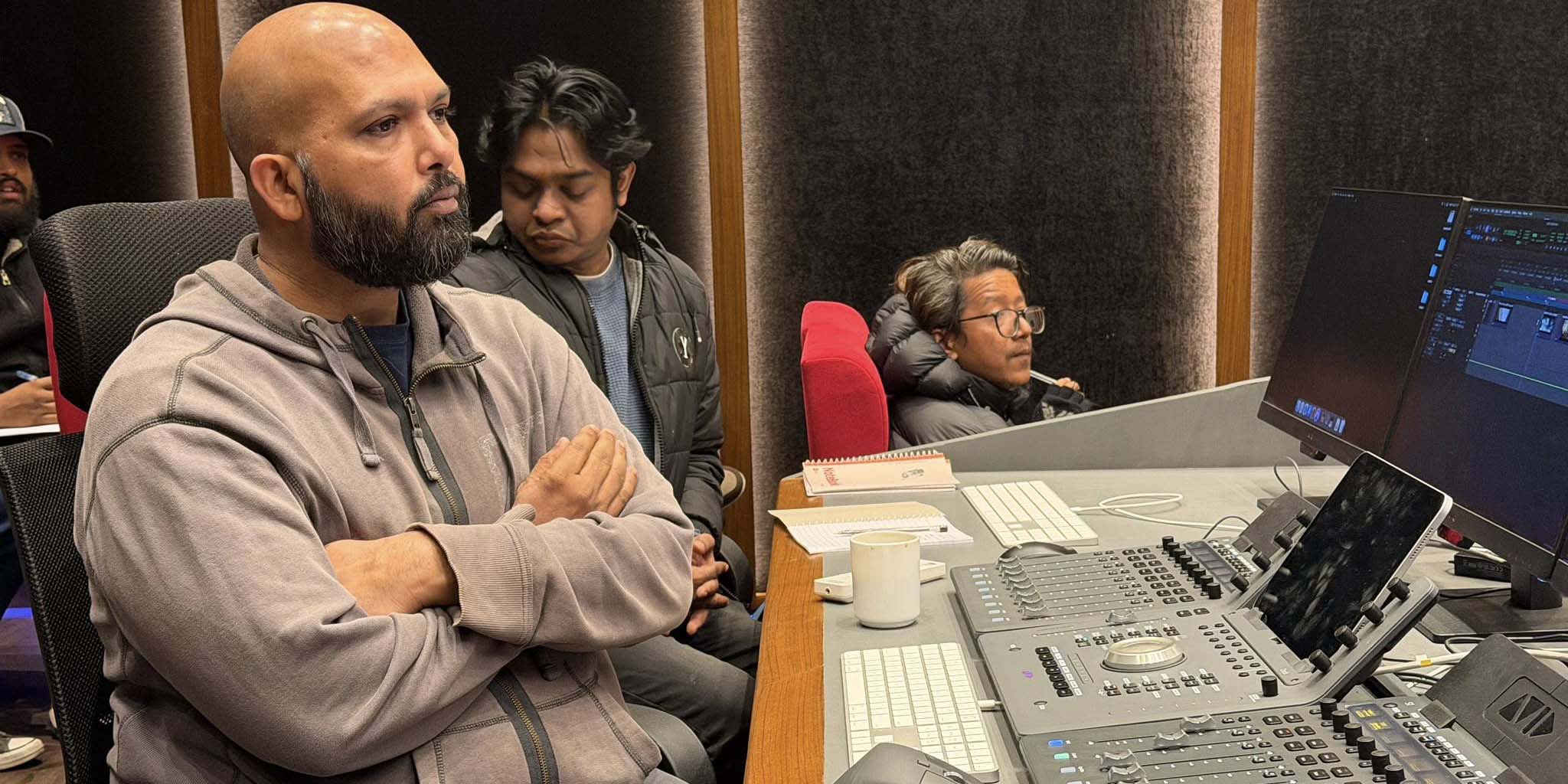


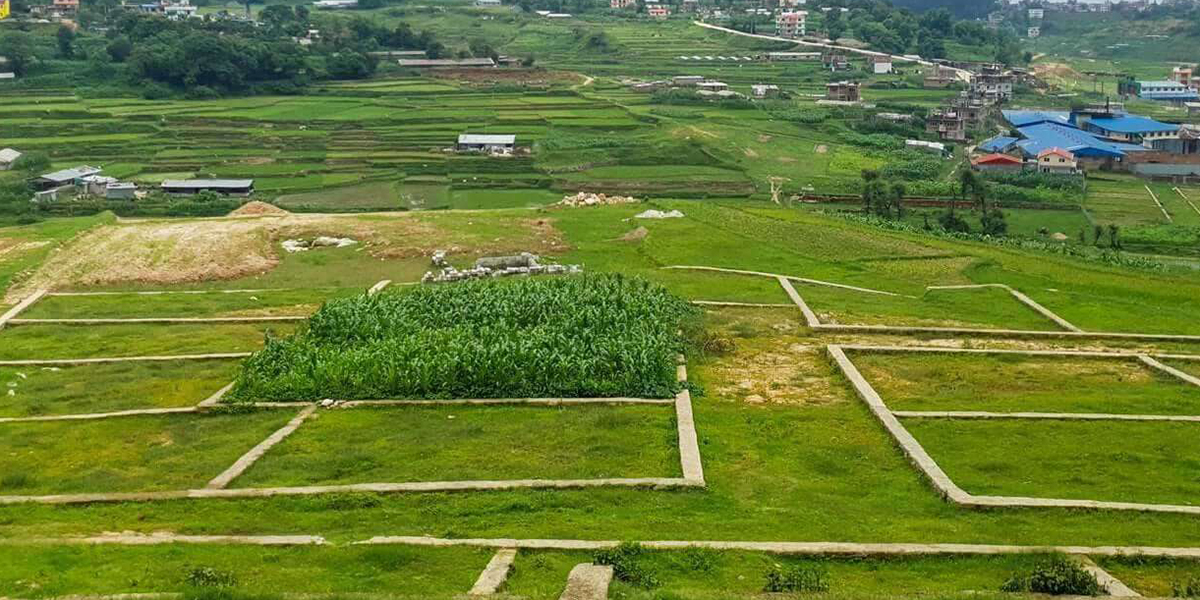

![Maha Shivaratri being celebrated across the country [With Pictures]](https://en.himalpress.com/wp-content/uploads/2026/02/HRB_KTMImage2026-02-15at7.37.40AM1.jpg)
